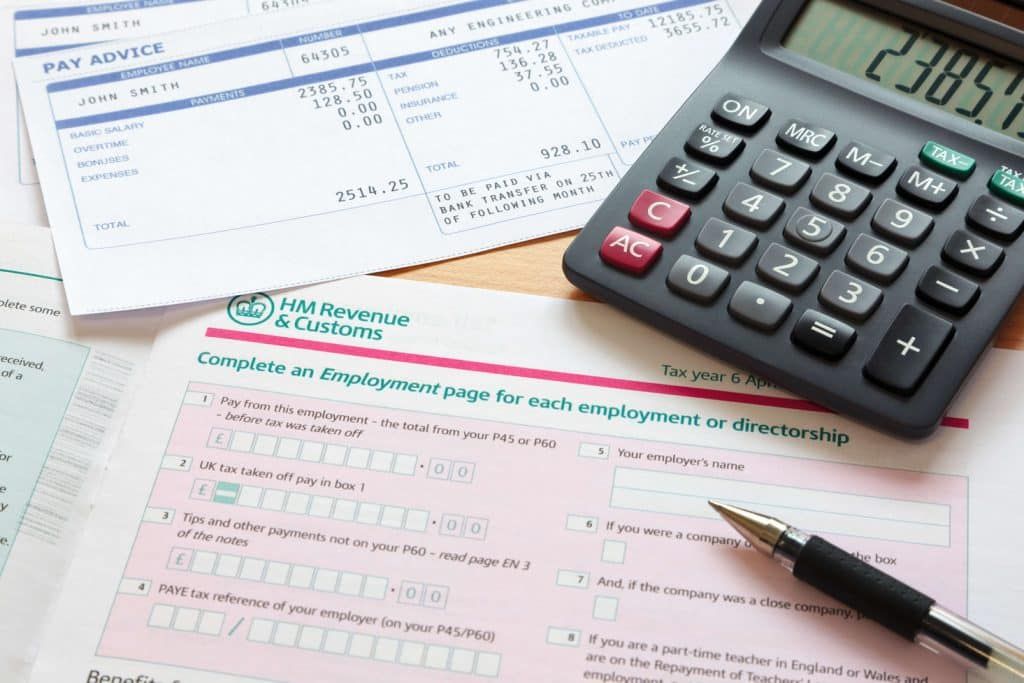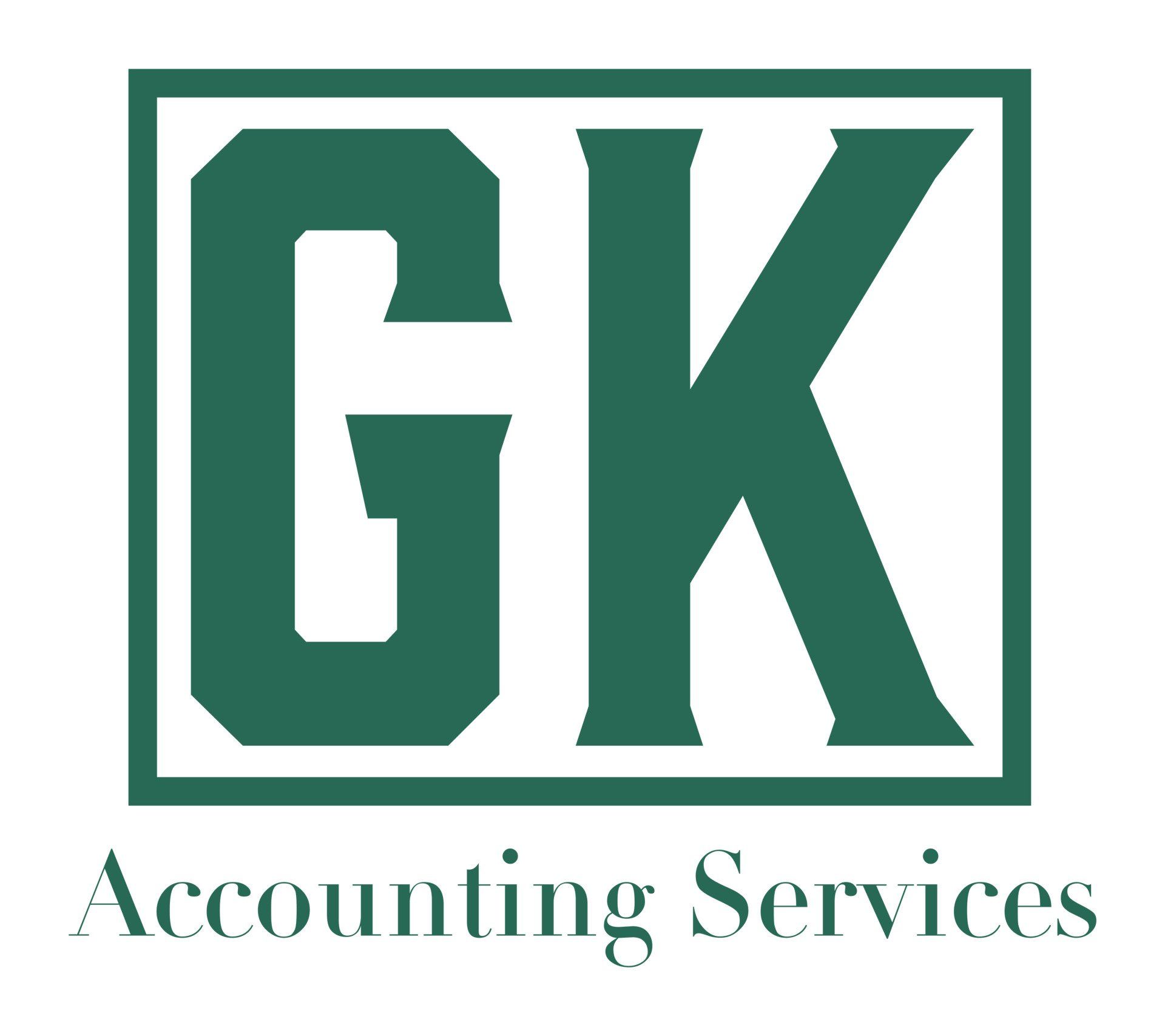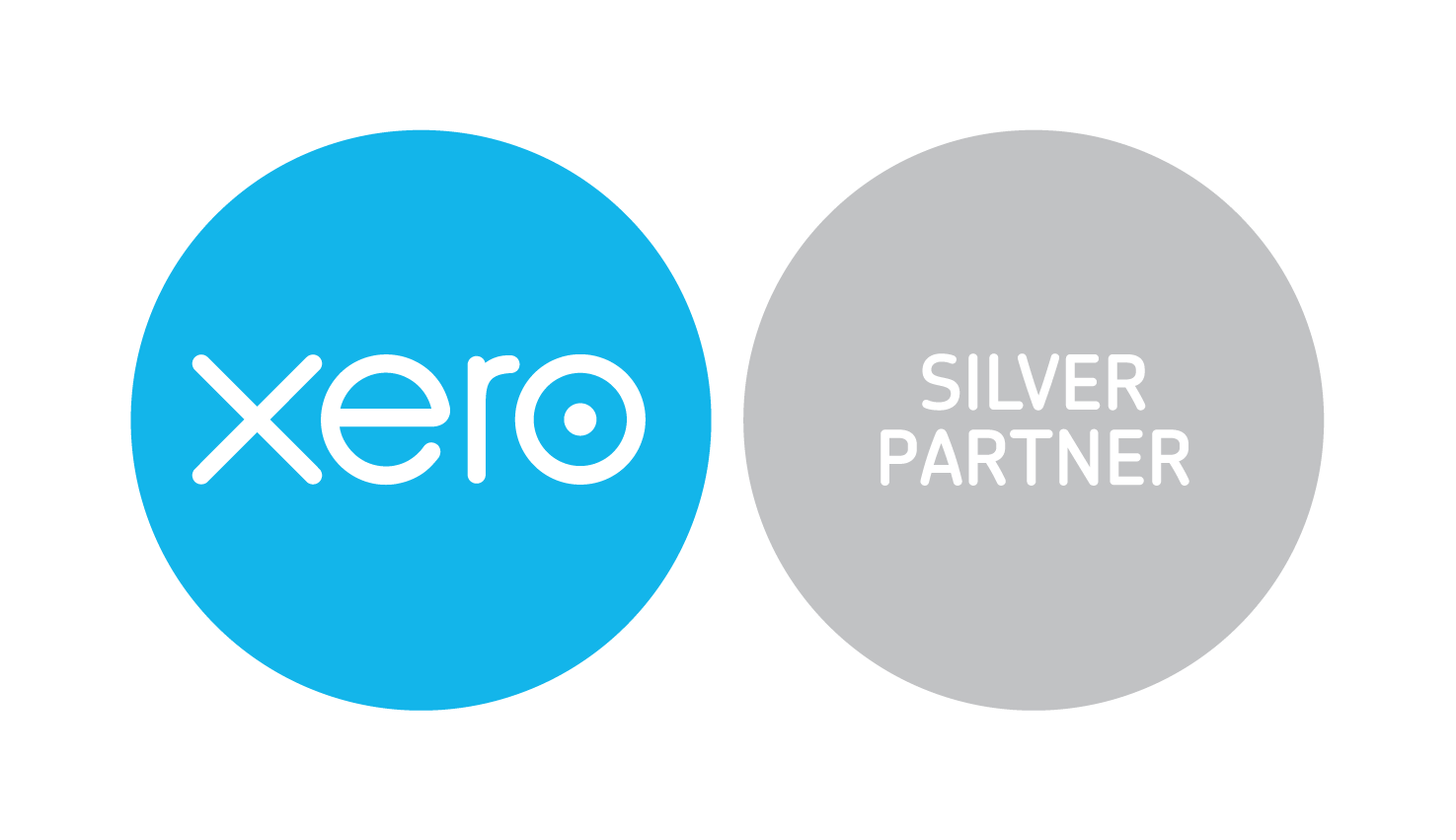Notifying HMRC about Additional Income: An Online Tool for Taxpayers
HM Revenue and Customs (HMRC) provides an online tool that lets taxpayers determine whether they need to notify HMRC about additional income. This article explores the functionality of the online tool and highlights the types of income individuals may need to report.
Using the Online Tool
Taxpayers can access the online tool here. This tool is a valuable resource for individuals uncertain whether they should inform HMRC about any extra income they have received.
Types of Extra Income
Various sources of additional income may trigger tax obligations. These can include:
Selling Items: Income generated from selling items, whether through car boot sales, auctions, or online platforms, is typically subject to taxation.
Casual Jobs: Engaging in casual jobs such as gardening, food delivery, or babysitting can generate taxable income that should be reported to HMRC.
Equipment or Tool Usage: Charging others for the use of personal equipment or tools also qualifies as taxable income.
Property Rentals: Renting out property or a portion of one's home, such as through agencies or online platforms, is another form of income that may be subject to tax.
Annual Tax Allowances
While most of these income sources are taxable, two separate annual tax allowances are available for property and trading income, each amounting to £1,000. If an individual has both types of income, they can claim a £1,000 allowance for each. The online tool will indicate if these allowances are applicable in their case.
Trading Allowance: The trading allowance covers income up to £1,000 from self-employment, casual services (such as gardening or babysitting), or hiring personal equipment (like power tools). Taxpayers within this threshold can enjoy tax exemption and are not required to report or include this income in their tax returns.
Property Allowance: If the gross property income for one or more property businesses is £1,000 or less annually, individuals do not need to notify HMRC or declare this income on their tax return. For instance, income from renting a driveway for parking falls within the scope of the property allowance.
Tax-Free Income and Deductible Expenses
When the relevant income for an individual falls within the respective allowance limit (before accounting for expenses), it is considered tax-free and does not need to be declared. Taxpayers with higher income amounts can deduct the allowance from their receipts instead of subtracting actual allowable expenses when calculating their taxable profits.
The online tool HMRC provides allows taxpayers a convenient way to determine if they need to notify the organisation about additional income. Individuals can fulfil their tax obligations accurately and efficiently by understanding the types of income that should be reported and the available tax allowances. Utilising this resource ensures compliance with tax regulations while facilitating a smoother tax reporting process for taxpayers with various sources of income.
If you would like more advice and assistance, please contact us at info@gkaccountingservices.com or call us on 01269 518 815, where we will be more than happy to answer any of your questions.



Want More Information?
Address: 168b Saron Road, Saron, Ammanford, Carmarthenshire, SA18 3LN
Phone: 01269 518 815
Email: info@gkaccountingservices.com
Privacy Policy


